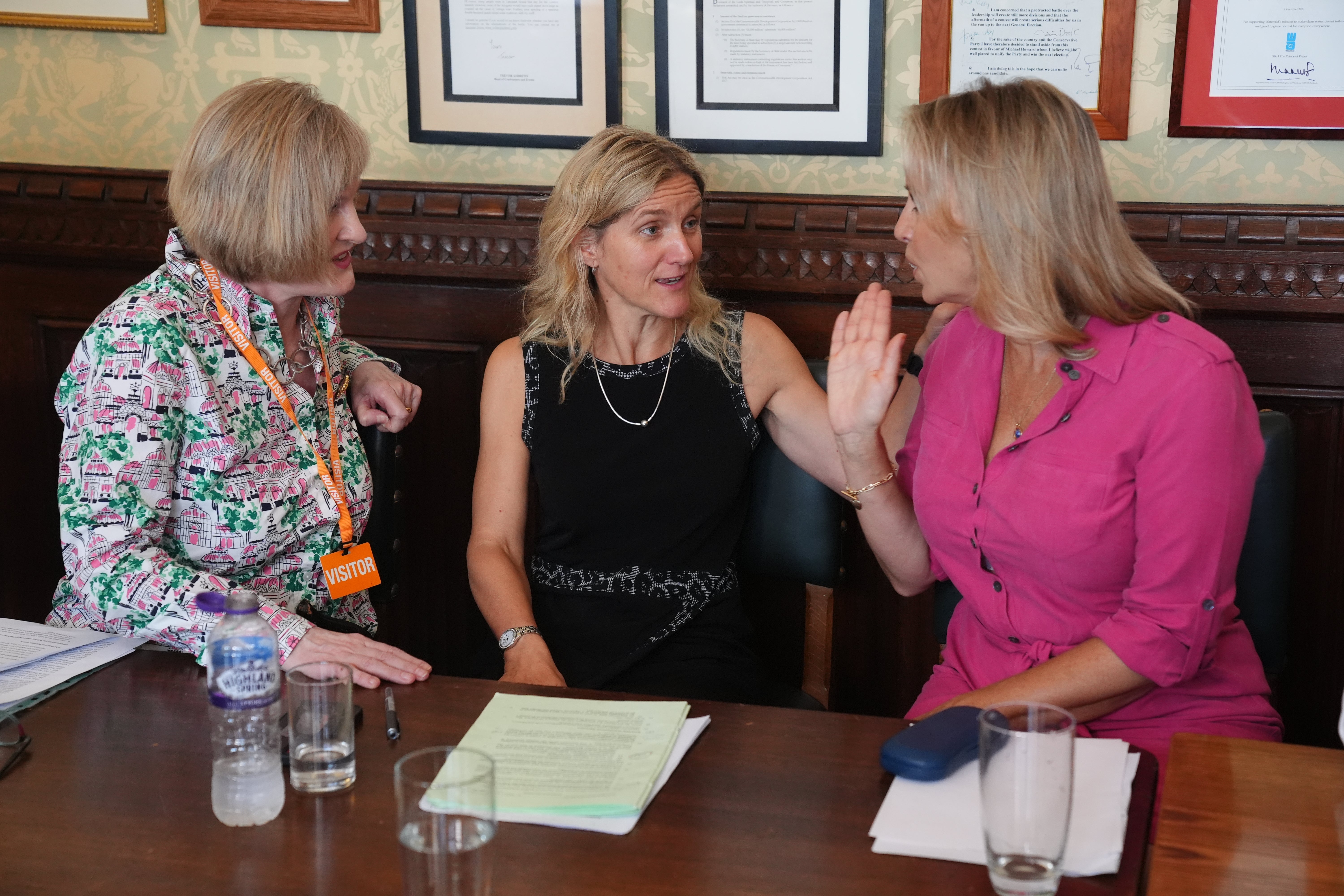The third reading and final Commons vote on Kim Leadbeater’s Terminally Ill Adults (End of Life) Bill on Friday marks a truly historic moment for parliament.
The stakes are so high that entrepreneur Declan Ganley has offered a private ambulance to MP Sorcha Eastwood, who is ill with Covid, to get her to the Commons to vote against the Bill.
No wonder. It has been almost six decades since MPs have considered a Bill that would cause such a profound and fundamental change in the state’s relationship with individuals and society’s attitude to life and death.
An historic vote
In December Ms Leadbeater won a 55 majority on the second reading vote of her Bill, dealing with the principle rather than details, and is expected to carry a reduced majority today, although that is less certain than it was before.

If she is successful then the state, for the first time, will be licensed to end people’s lives if they wish it and if the circumstances allow. Doctors will be allowed to offer it as an alternative to people who have been given six months left to live.
What factors will MPs be considering?
The lack of certainty on the vote is partly fueled by the fact that a number of MPs who voted for the principle made it clear that they were allowing the debate to be had and would reserve judgment on the final vote.
The debate in fact has moved on from one of principle - which only a minority oppose - to one of practicalities. The questions faced by MPs include:
MPs changing their minds
The reason that the vote has become tighter is because a growing number of MPs are concerned about the potential answers to those questions. The only issue will be whether that is enough to block the Bill.
Based on votes on the amendments as well as known supporters and opponents, the predictive voting model used by opponents of assisted dying gives Ms Leadbeater a majority of up to 15, ranging to a defeat of the Bill by a majority of five. Very close.
Key to the debate will not be the heartbreaking stories of people suffering in their final months, or celebrity voices like Esther Rantzen. They have already had their effect.
More important will be the big change to the Bill brought by Ms Leadbeater which means a judge in court will not have to sign off, as originally laid out in the second reading vote. Instead, there will be an expert panel led by a judge or KC but not with the same legal authority.
It is worth noting that the judicial safeguard was cited by more than 100 MPs in the first debate.

The ‘slippery slope’ argument
The other issue at play will be whether this Bill is a full stop to the issue or is something that will unleash a loosening up of the law over time.
The lesson from the then Liberal MP David Steel’s abortion legislation in 1967 will play a part in the decision-making of a number of MPs, who will be considering the so-called “slippery slope” issue of an apparently tightly worded piece of legislation expanding its reach over time.
Just this week we have seen MPs vote by a large majority to decriminalise abortion – effectively allowing it up to birth without criminal consequences from the 24 weeks (six months) already legislated for.
But more important will be the experience of other countries where assisted dying has been legalised.
Ms Leadbeater has been at pains that this is a specifically British Bill. However, in Canada, Oregon in the US, the Netherlands, and New South Wales in Australia the legislation has expanded beyond terminal illness to include mental health and other issues.
Ms Leadbeater in fact highlighted a case of a couple who decided to end their own lives in Australia after 70 years of marriage even though terminal illness was not a factor.

How the debate will unfold
She will argue on Friday though that her Bill has been strengthened since November.
Opponents will point out that she has rejected safeguards on eating disorders, mental health, the requirement of people actually suffering pain and many other apparently reasonable checks to the process. Attempts to restrict assisted death advertising were brushed aside. An attempt to protect hospices from offering assisted dying were dismissed.
She had also opposed an amendment preventing doctors recommending assisted dying to children, the one defeat she has suffered so far.
Many have consistently argued that a private members bill is not sufficient to debate something that will have such a profound effect on the country. Indeed, 52 Labour MPs asked Keir Starmer, a supporter of assisted dying, to give more time for further scrutiny, an appeal he rejected.
The issue today will be whether all these questions and issues will mean there are enough MPs to have second thoughts from their vote in November to overturn a 55-majority.
If the Bill is defeated then it will not come back before the next election, if Ms Leadbeater wins then it will have cleared its most important hurdle and a battle in the Lords awaits where many of the issues will be debated again.







